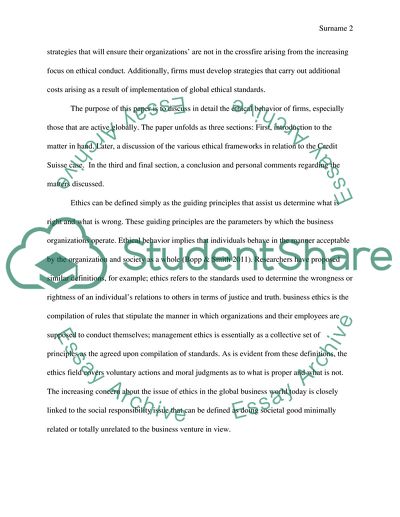Cite this document
(“Critical Business Ethics In Global Workplace Human Relations Coursework - 1”, n.d.)
Critical Business Ethics In Global Workplace Human Relations Coursework - 1. Retrieved from https://studentshare.org/human-resources/1650276-critical-business-ethics-in-global-workplace-human-relations
Critical Business Ethics In Global Workplace Human Relations Coursework - 1. Retrieved from https://studentshare.org/human-resources/1650276-critical-business-ethics-in-global-workplace-human-relations
(Critical Business Ethics In Global Workplace Human Relations Coursework - 1)
Critical Business Ethics In Global Workplace Human Relations Coursework - 1. https://studentshare.org/human-resources/1650276-critical-business-ethics-in-global-workplace-human-relations.
Critical Business Ethics In Global Workplace Human Relations Coursework - 1. https://studentshare.org/human-resources/1650276-critical-business-ethics-in-global-workplace-human-relations.
“Critical Business Ethics In Global Workplace Human Relations Coursework - 1”, n.d. https://studentshare.org/human-resources/1650276-critical-business-ethics-in-global-workplace-human-relations.


